Presenting a total of 269 films, including 80 world premieres, the 28th edition of the Busan International Film Festival concluded earlier this month, closing out with Andy Lau’s comedy The Movie Emperor. In addition to screenings, the festival hosted talks and master classes, with over 250 guests participating, notably Chow Yun Fat, Luc Besson, Fan Bingbing, Hirokazu Kore-eda, and Ryusuke Hamaguchi. Over 40 countries and more than 900 companies took part in the festival’s adjoining Asian Contents & Film Market section, while special programs addressed the Korean Diaspora and the Renaissance of Indonesian Cinema.
Along with international favorites like Poor Things, The Beast, and Anatomy of a Fall, BIFF offered films from Korea, mainland China, Japan, and Southeast Asia, spotlighting emerging filmmakers like Iqbal H. Chowdhury (The Wrestler, a New Currents award-winner), Chia Chee Sum (Oasis of Now), and Mirlan Abdykalykov (Jiseok award-winner Bride Kidnapping).
Here are five standouts from the crowded schedule:
Work to Do (Park Hong-jun)
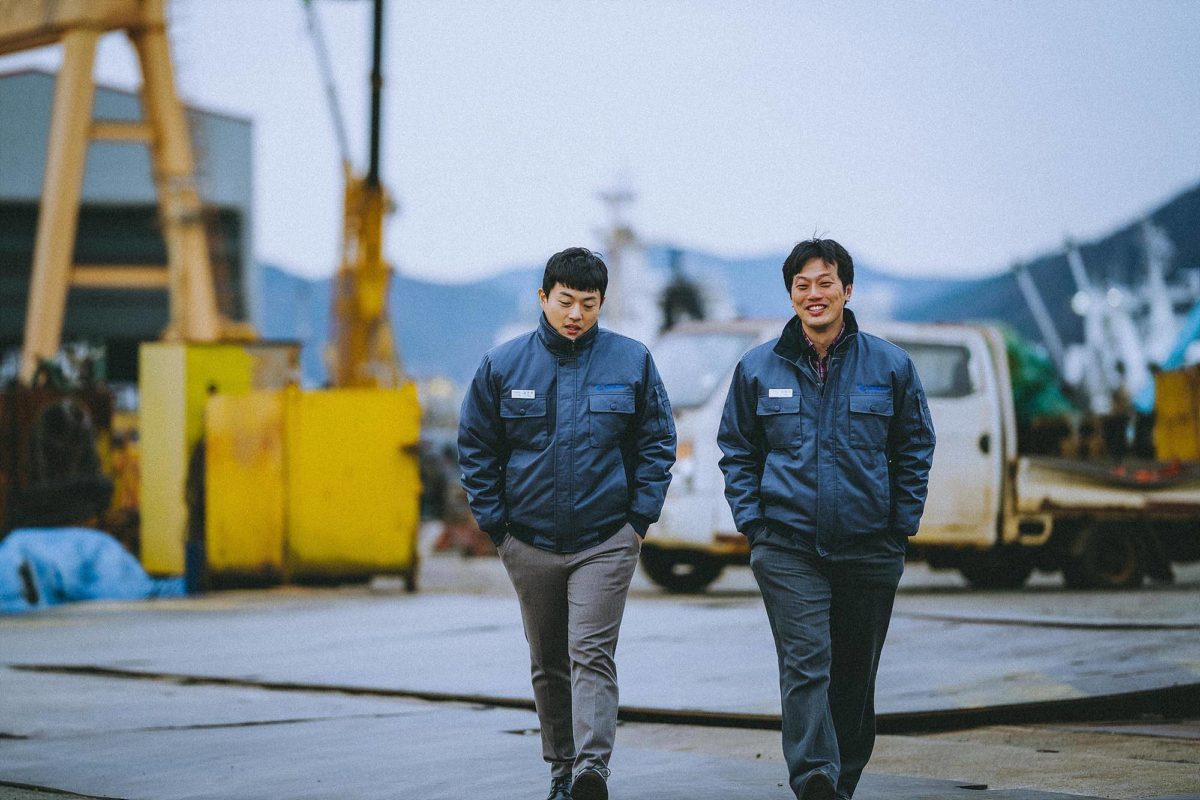
With Work to Do, Director Park Hong-jun takes a realist approach to a labor conflict at a shipyard. Management needs to impose drastic cuts in the workforce to stem off bankruptcy. It’s up to the HR department, including new transfer Kang Joon-hee (Jang Sung-bum), to come up with a plan for which employees to eliminate. This is one of the few labor movies that actually shows people working, from cooking up spreadsheets to writing newsletters and debating shop stewards. The initial plan assigns points for or against workers (more for good approval ratings, less for attending community college), but the system is quickly corrupted by special interests. Shot on real locations in an intimate style, the film is evenhanded enough to find problems with both management and rank-and-file workers. Through it all, an uneasy sense that everyone will lose. Jang Sung-bum won the festival’s Actor of the Year award.
Paradise (Prasanna Vithanage)
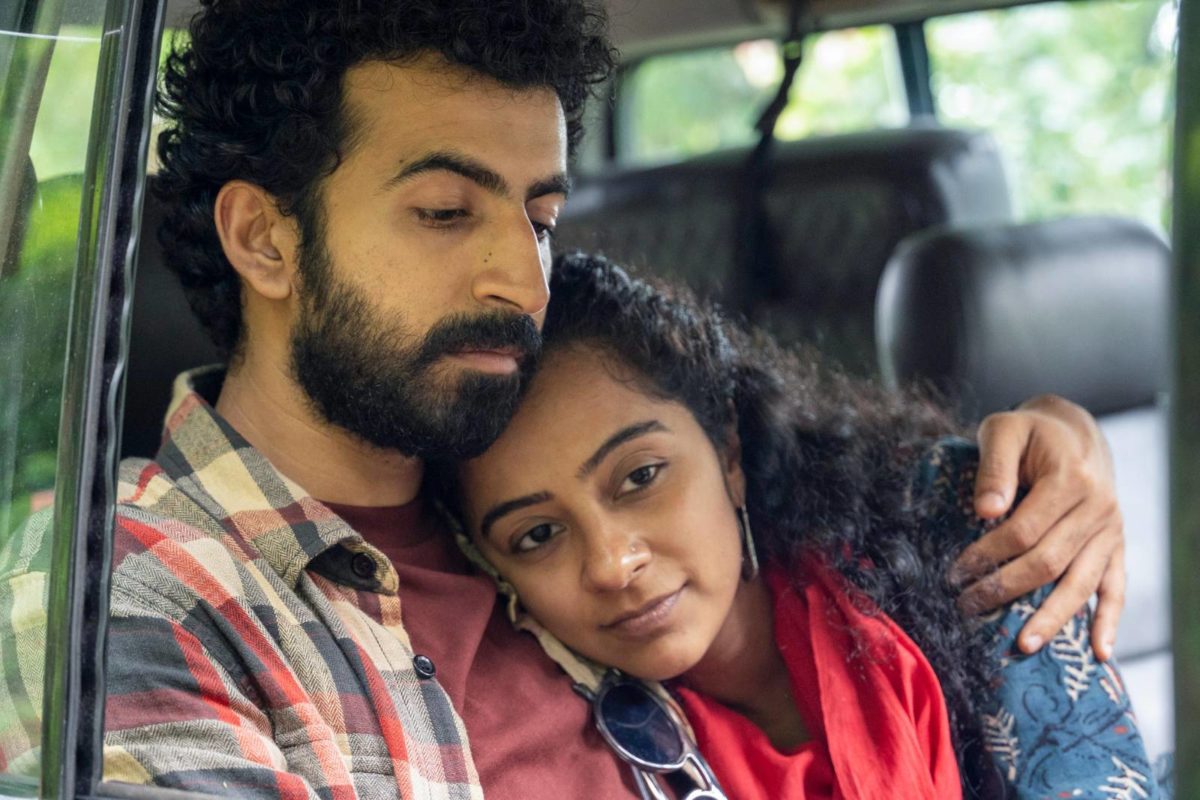
Based on a true story, veteran Sri Lankan director Prasanna Vithanage’s film follows Kasev, a filmmaker, and his companion Amritha, who are vacationing at a mountain resort. Kasev, who’s just won a contract to make an Indian version of Squid Game for Netflix, is annoyingly privileged and clueless. He blames the resort staff when his laptop and phone are stolen. A local policeman beats confessions from the suspects, sending one to the hospital in the process. Growing unrest from locals erupts in riots that threaten the lives of both the police and the visitors. It’s a complicated narrative with no chance for a satisfying resolution, one that Vithanage handles expertly. He won a New Currents award for his direction.
Moro (Brillante Mendoza)
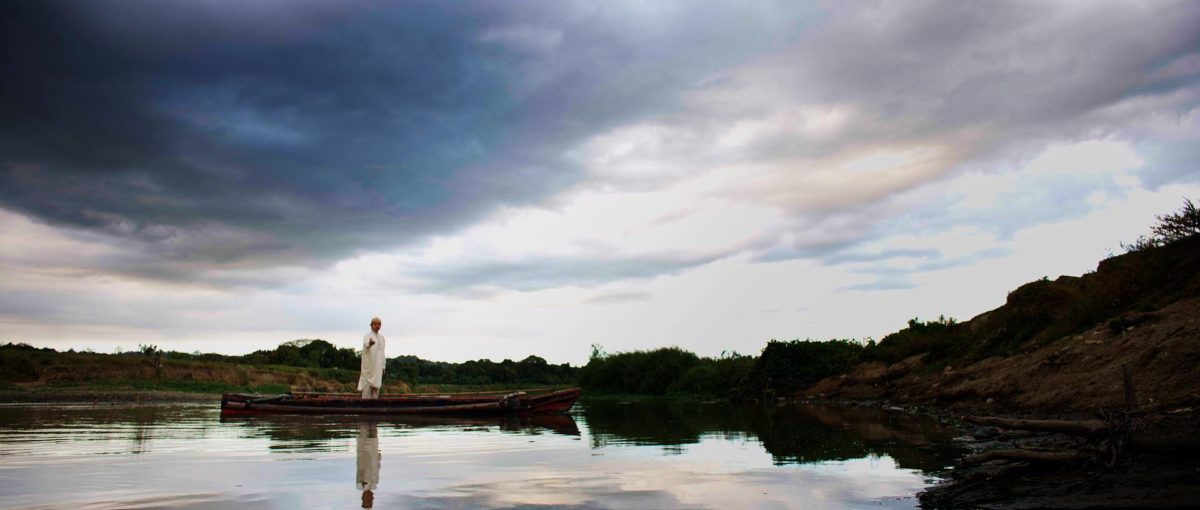
Filipino director Brillante Mendoza stages a conflict between government soldiers and Maguindanaoan rebels like a folk myth, bookending the film with the performance of a bitter ballad of loss. A family torn apart by feuding brothers draws viewers into the rebel struggle to hold onto farmlands. Spare and pointed, the movie is also harshly critical of the government. Phenomenal battle scenes combine long tracking shots with vivid closeups. Some may question the politics, but Mendoza’s talents as a filmmaker are obvious.
24 Hours with Gaspar (Yosep Anggi)
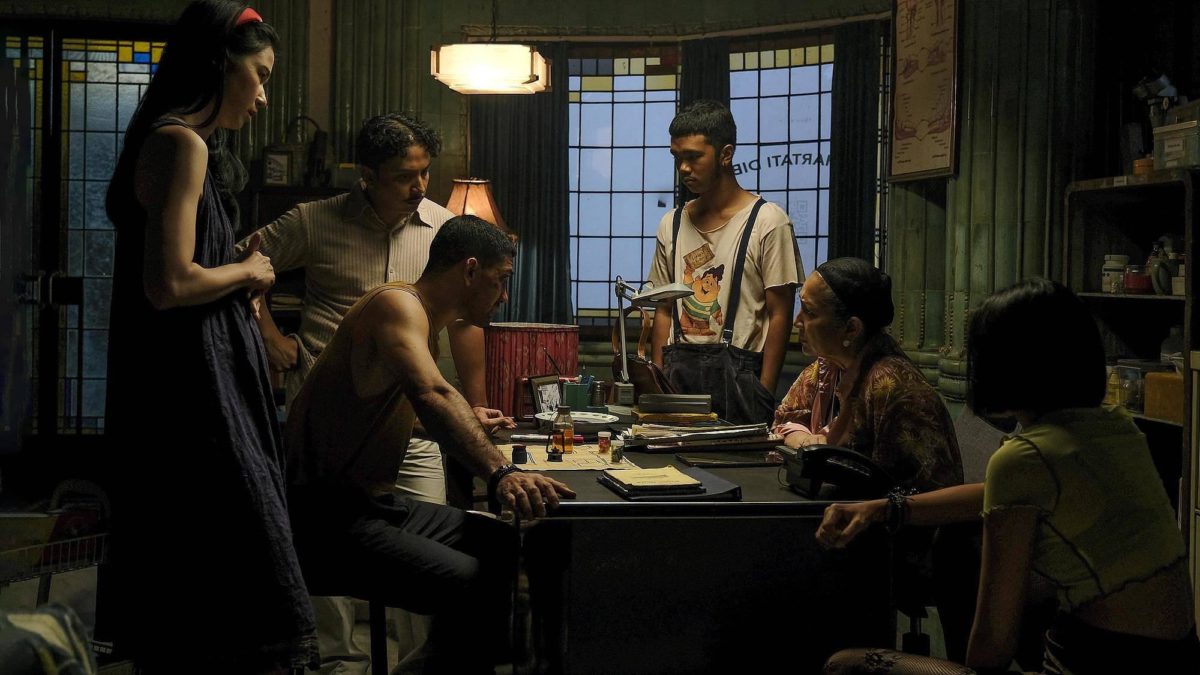
A neo-noir with sci-fi elements, Yosep Anggi’s film embellishes Sabda Armandio’s novel with pulsating Indonesian dance hits. Played by a suitably taciturn Reza Rahadian, Gaspar is an amateur detective with a death wish. He assembles a gang of misfits for a suicide mission to rob a jewelry store, in the process uncovering a human trafficking ring with ties to the government. Teoh Gay Hian’s cinematography makes the most of a post-apocalyptic landscape straight out of Blade Runner.
A Road to a Village (Nabin Subba)
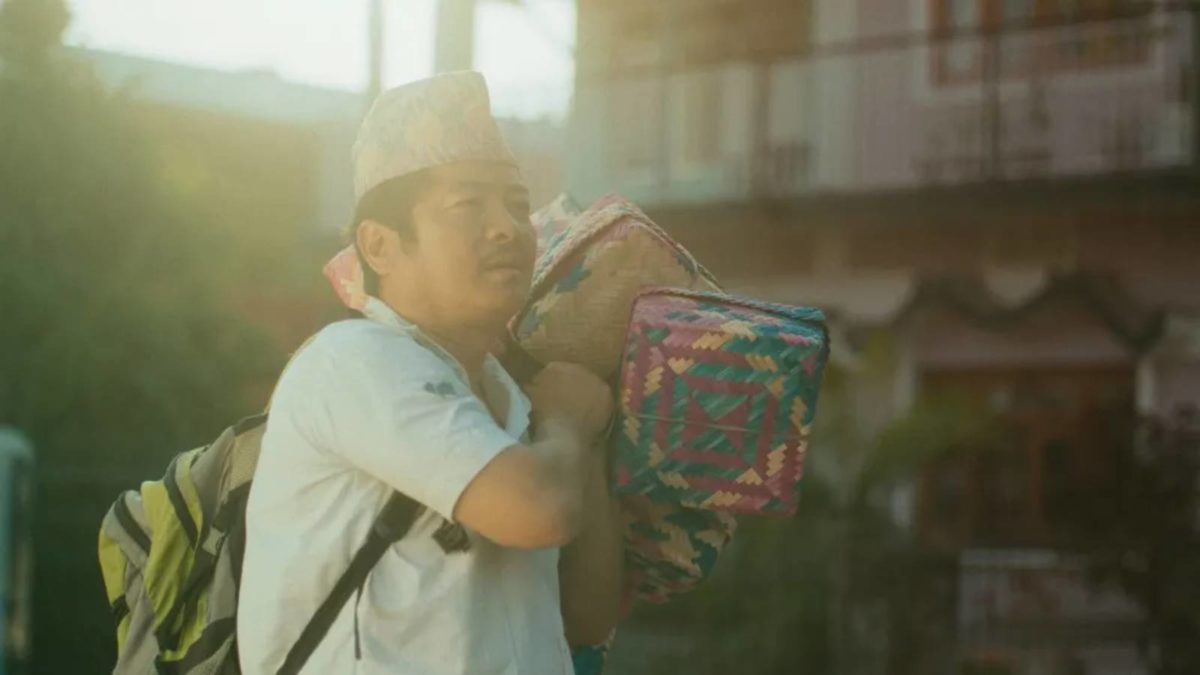
Nepalese director Nabin Subba’s stark tale of rural poverty has the implacable drive of King Vidor’s Our Daily Bread, minus a happy ending. Maila (Dayahang Rai) is a fairly successful bamboo weaver with a wife and son. When buses begin to arrive from Dharhan, the nearest city, his income suddenly disappears. Plastic tarps are cheaper and stronger than hand-woven thatched roofs. Similarly, Maila’s carefully assembled folk-art baskets are no match for plastic crates. At the same time, his family yearns for the flat-panel televisions and smartphones neighbors bring back after stints as foreign laborers. It’s a bleak lesson in capitalism made slightly more endurable by the astonishing landscapes of Nepal.
